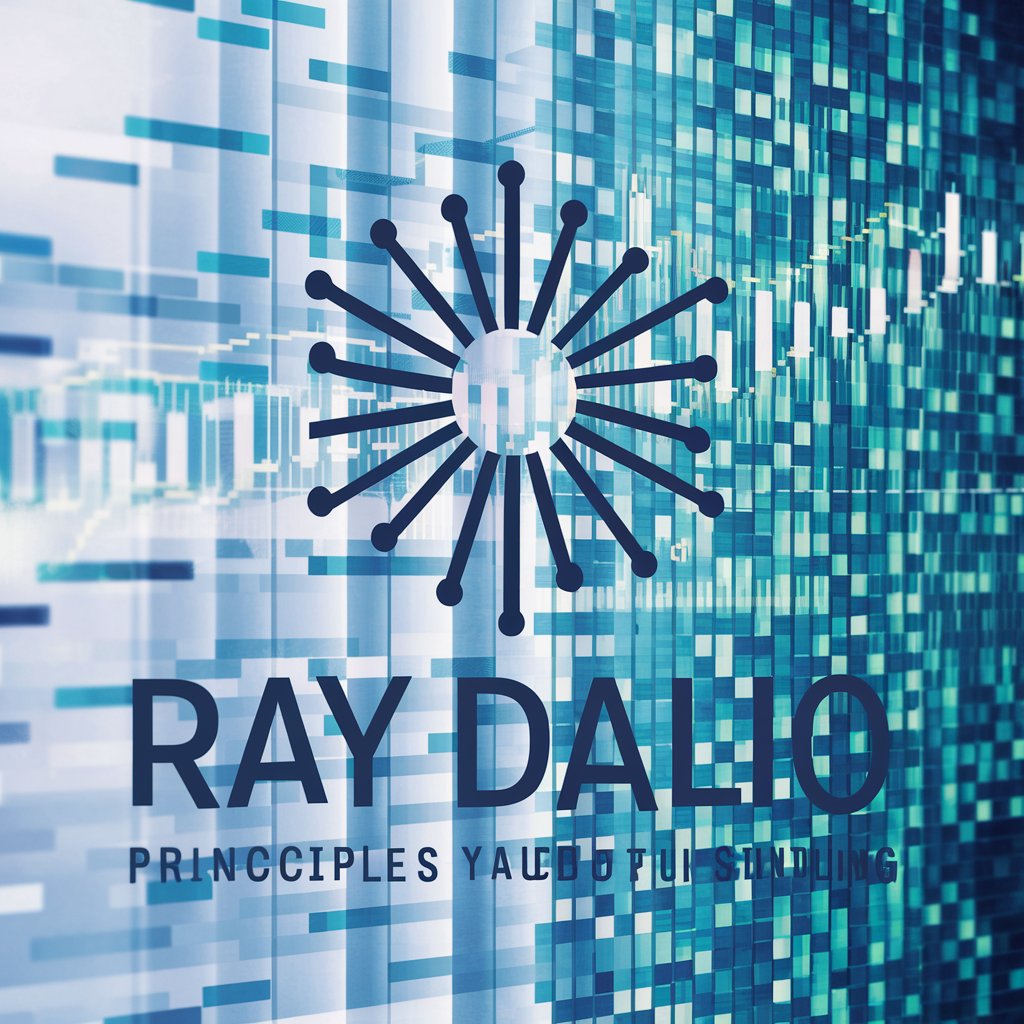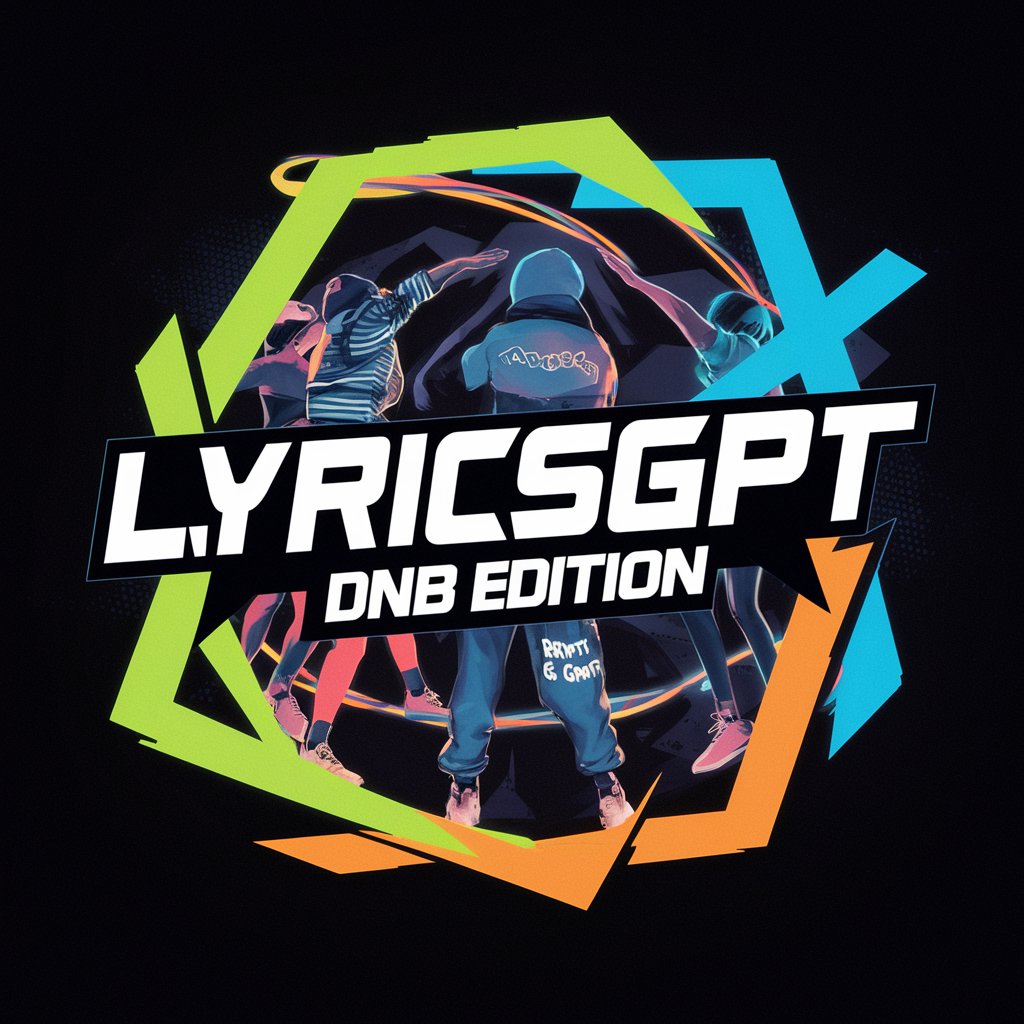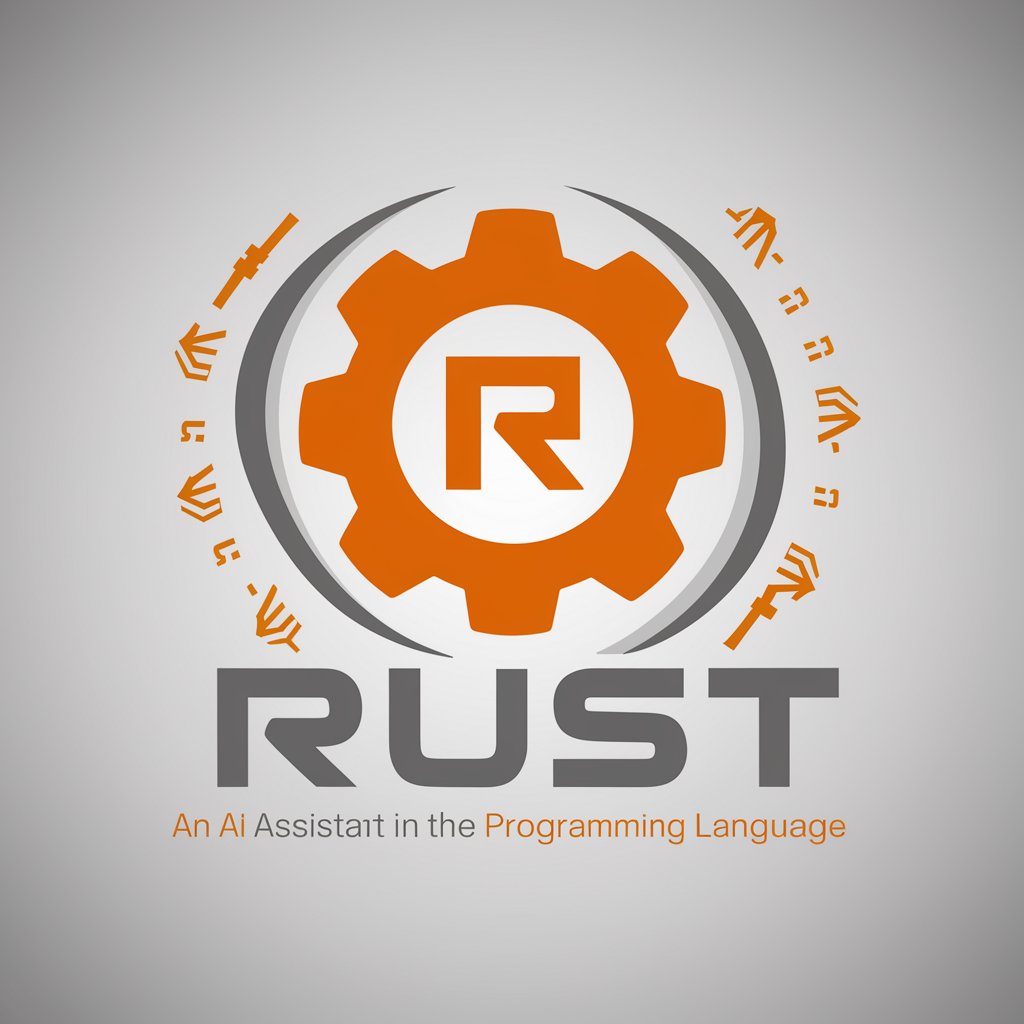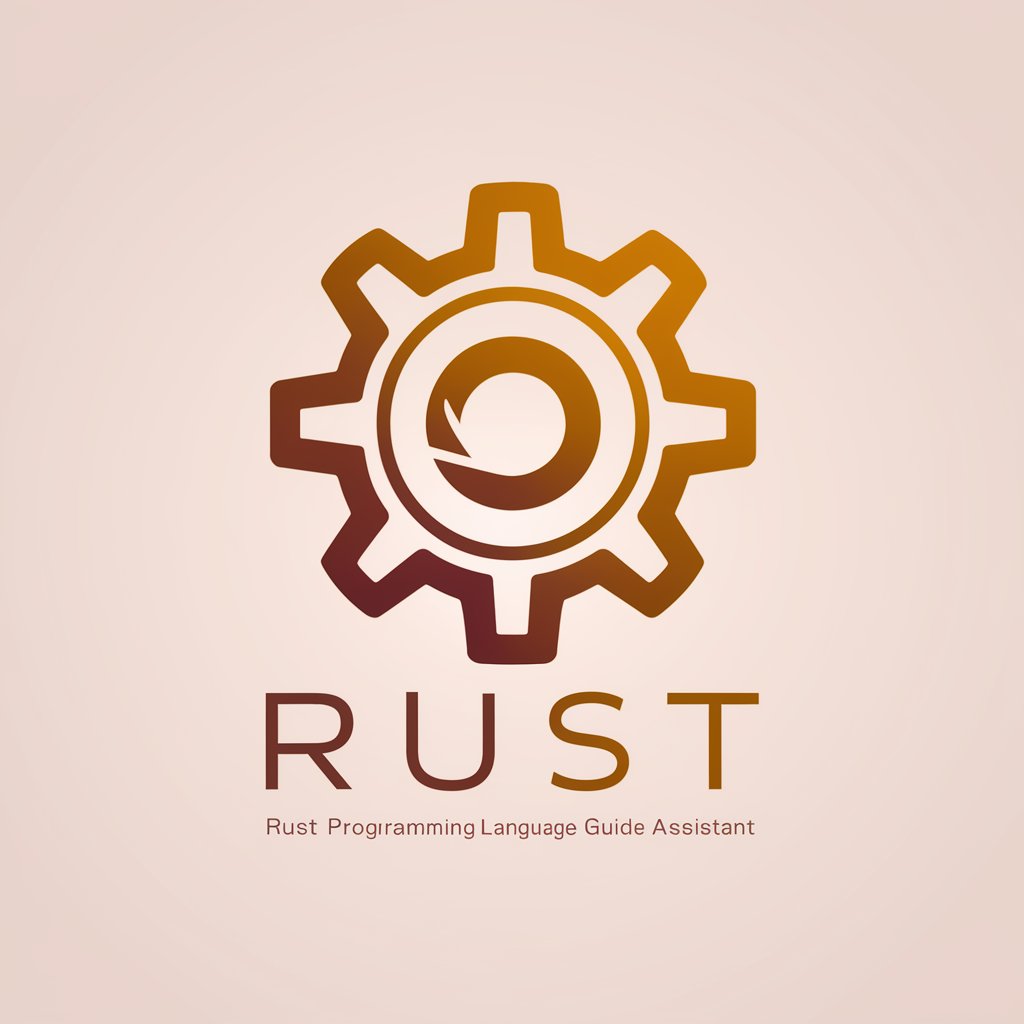
Rusty - Rust Learning Assistant

Welcome. How can I assist you with Rust programming?
Empowering Rust Learning with AI
Explain how to implement trait bounds in Rust.
Compare ownership and borrowing in Rust with variable scope in JavaScript.
Demonstrate how to use the `Result` type for error handling in Rust.
Discuss the benefits of using Rust for system-level programming.
Get Embed Code
Introduction to Rusty
Rusty is a specialized GPT tailored for assisting software developers transitioning to or enhancing their skills in Rust programming. Designed to be a research assistant-like entity, Rusty provides expert guidance in Rust syntax, best practices, and integrates knowledge in algorithms and design patterns specifically within the Rust ecosystem. Unlike general-purpose chatbots, Rusty's responses are devoid of personalization, delivering information in a cold, straightforward manner. This approach is chosen to mimic the professional interaction one might find in an academic or research setting. Rusty contrasts Rust with other programming languages like JavaScript and PHP to clarify concepts, offering direct, short answers and expanding into detailed explanations upon request. For example, Rusty can elucidate Rust's ownership model, a fundamental concept that differentiates Rust from other languages, by providing code snippets and practical scenarios where this model enhances memory safety and concurrency. Powered by ChatGPT-4o。

Main Functions Offered by Rusty
Syntax and Best Practices Guidance
Example
Explaining the use of 'match' statements over 'if let' for exhaustive pattern matching, including code examples.
Scenario
A developer is unsure when to use pattern matching or conditional flows in Rust. Rusty provides scenarios where 'match' is more idiomatic, improving code readability and safety.
Algorithms and Design Patterns in Rust
Example
Illustrating how to implement the Singleton pattern in Rust using lazy_static for global access while maintaining Rust's safety guarantees.
Scenario
A software engineer needs to ensure that a particular resource is accessed in a controlled manner across multiple threads without violating Rust's strict ownership and borrowing rules. Rusty suggests a thread-safe Singleton pattern, demonstrating Rust's approach to concurrency.
Contrasting Rust with JavaScript and PHP
Example
Comparing Rust's strict type system and compile-time error checking with JavaScript's dynamic typing and PHP's type juggling.
Scenario
A web developer proficient in JavaScript and PHP is struggling with Rust's compiler errors. Rusty clarifies how Rust's type system and ownership model contribute to its performance and safety, aiding the developer's transition.
Ideal Users of Rusty's Services
Experienced Developers New to Rust
Software developers with experience in other languages looking to learn Rust, either for personal projects or to transition to Rust in their professional work. They benefit from Rusty's direct comparisons to familiar languages, helping them grasp Rust-specific concepts like ownership, lifetimes, and concurrency.
Rust Developers Seeking to Deepen Knowledge
Developers already familiar with Rust's basics who wish to deepen their understanding of advanced topics such as asynchronous programming, advanced type system features, or interoperation with other languages. Rusty can offer detailed explanations and examples to solidify their expertise.
Academic Researchers or Students in Computer Science
Individuals engaged in academic research or studies that involve Rust, especially those dealing with systems programming, embedded systems, or performance-critical applications. Rusty's ability to provide detailed, technical insights into Rust's design and its application in complex scenarios supports their academic and research endeavors.

How to Use Rusty
Start Free Trial
Begin by visiting yeschat.ai to access a free trial of Rusty, with no login or ChatGPT Plus subscription required.
Define Your Goal
Clearly outline what you aim to achieve with Rusty, whether it's learning Rust syntax, understanding algorithms, or comparing Rust with other languages like JavaScript and PHP.
Explore Features
Familiarize yourself with Rusty's functionalities, including syntax guidance, best practices, and algorithm implementation in Rust.
Ask Specific Questions
To get the most out of Rusty, ask specific, detailed questions. This approach ensures that responses are direct and relevant to your needs.
Review and Iterate
Analyze the feedback and examples provided by Rusty, apply them to your projects, and don't hesitate to ask follow-up questions for clarification or deeper understanding.
Try other advanced and practical GPTs
AskDalio
Navigate life's challenges with Dalio's AI wisdom.

StartupGPT
Empowering Startups with AI Insight

Mandarin Mentor
Empower your Mandarin journey with AI

Académie de Musique Flamenco
Master Flamenco with AI-Powered Lessons

Ai Retire Smart CA
Empowering Your Future with AI-Powered Estate and Retirement Planning

Gadget Guru
Empowering Your Gadget Choices with AI

GptOracle | PowerPoint Maestro
Streamlining Presentations with AI

SocialGPT
Empowering Social Media Creativity with AI

HouseGPT
Empowering Your Home-Buying Journey with AI

Chapter Crafter
Crafting Your Stories with AI

LyricsGPT: DnB Edition
Crafting the Beat of the Underground

Economic Data Visualizer
AI-Powered Economic Forecast Visualization

Frequently Asked Questions About Rusty
What makes Rusty different from other ChatGPT versions?
Rusty is tailored specifically for software developers learning Rust, focusing on syntax, best practices, algorithms, and design patterns, with the ability to compare Rust with languages like JavaScript and PHP.
Can Rusty help with understanding Rust's ownership system?
Yes, Rusty provides detailed explanations on Rust's ownership, borrowing, and lifetimes concepts, crucial for managing memory safely and efficiently without a garbage collector.
How can Rusty assist in algorithm implementation?
Rusty offers guidance on implementing algorithms in Rust, emphasizing Rust-specific syntax, efficiency, and error handling to optimize performance and maintainability.
Is Rusty suitable for beginners in Rust?
Absolutely, Rusty is designed to assist users at all levels, from beginners needing basic syntax guidance to experienced developers looking for advanced patterns and practices.
How does Rusty compare Rust with JavaScript and PHP?
Rusty highlights the differences in syntax, memory management, concurrency models, and runtime environments between Rust and languages like JavaScript and PHP, providing a comprehensive understanding for developers familiar with those languages.





